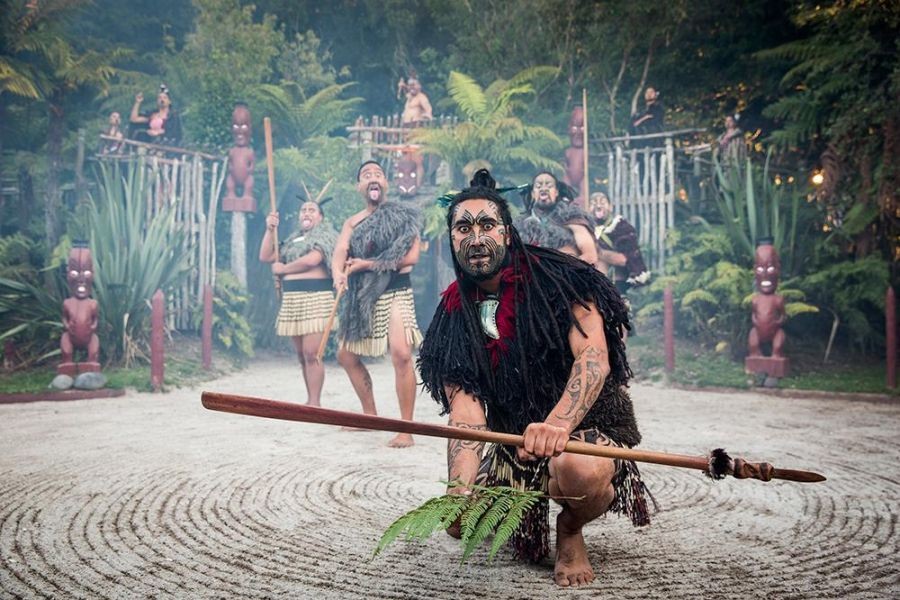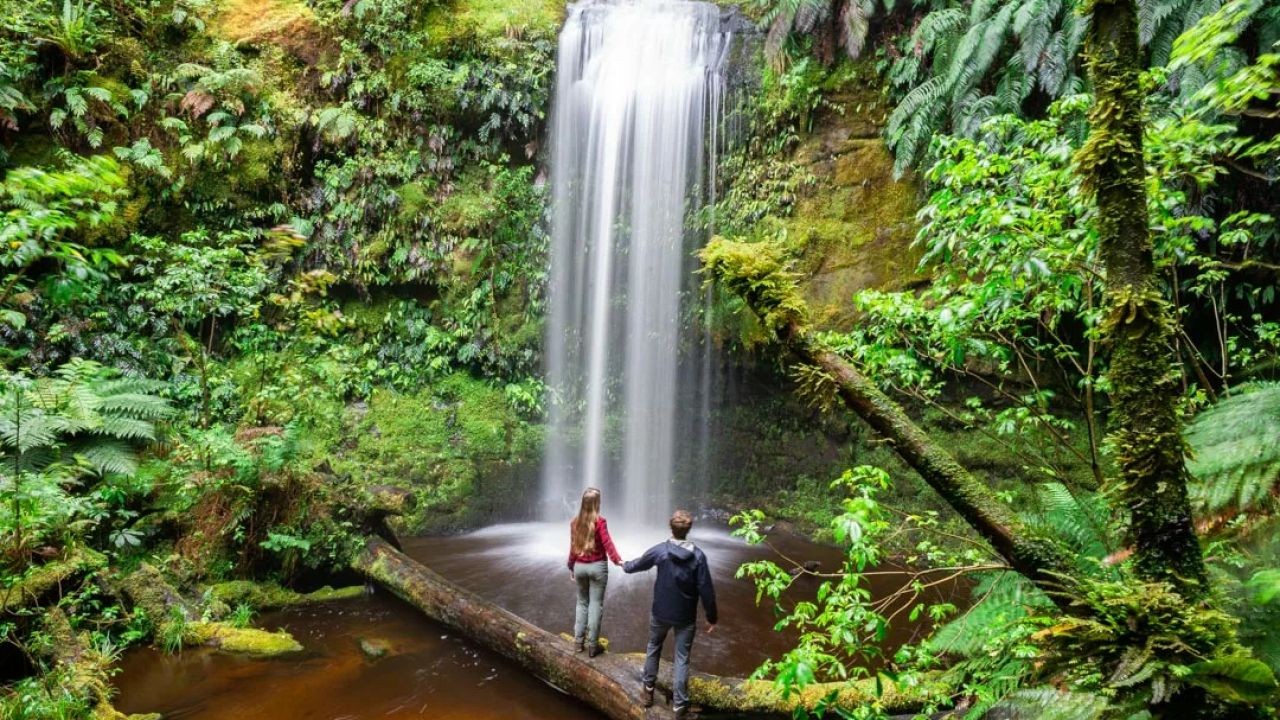While tourism is often celebrated as a means to boost economies and preserve cultures, it can also become a contentious issue. In New Zealand, the concept of "Maori Tourism" has sparked debate. Despite its potential to educate and generate income, some Maori oppose the way their culture is commercialized. This article delves into the reasons behind this opposition, exploring cultural, economic, and environmental dimensions, and offers insights into how these concerns can be addressed.
The Cultural Context: Protecting Maori Identity
For many Maori, the commercialization of their culture through tourism raises concerns about cultural integrity and exploitation. Maori culture is rich with traditions, history, and sacred sites, which are often commodified for tourist consumption. This commodification can lead to a diluted representation of Maori identity, where sacred cultural elements are simplified or misrepresented to suit tourist expectations.
According to the New Zealand Ministry of Business, Innovation and Employment (MBIE), Maori tourism experiences are designed to offer visitors an authentic insight into Maori culture. However, the authenticity of these experiences is questioned by some Maori who feel that their cultural traditions are being transformed into mere entertainment.
Case Study: The Rotorua Experience
Rotorua, a hub for Maori cultural tourism, offers a lens into the complexities of this issue. While many tourists leave with a greater appreciation for Maori culture, some local iwi (tribes) express concern that the pressure to entertain tourists undermines the deeper spiritual and communal values of their traditions. The challenge lies in balancing economic benefits with cultural preservation.
Economic Implications: Balancing Profit and Preservation
The economic contribution of Maori tourism to New Zealand is undeniable. According to Stats NZ, tourism is a significant part of the national economy, contributing approximately 5.8% to the GDP. Maori tourism specifically has the potential to provide economic opportunities for Maori communities. However, the distribution of profits and control over tourism ventures is a point of contention.
Many Maori argue that they are not fairly compensated for the use of their cultural heritage, with profits often going to non-Maori businesses. This economic imbalance can lead to tensions between cultural preservation and commercial interests.
Pros and Cons of Maori Tourism
While Maori tourism can provide financial benefits, it is not without its drawbacks. Here’s a balanced look:
Pros:
- Economic Benefits: Provides job opportunities and income for Maori communities.
- Cultural Preservation: Offers a platform to educate others about Maori culture.
- Increased Visibility: Raises awareness and appreciation for Maori traditions globally.
Cons:
- Cultural Exploitation: Risks reducing sacred traditions to tourist attractions.
- Economic Disparities: Often, Maori see little of the financial gain.
- Environmental Impact: Increased tourism can lead to environmental degradation.
Environmental Concerns: The Impact of Tourism
Tourism development, particularly in ecologically sensitive areas, can have adverse effects on the environment. Maori communities are deeply connected to their land and water, and the degradation of these natural resources can harm their cultural practices and lifestyle.
In New Zealand, the government has implemented policies to promote sustainable tourism. However, the challenge remains to ensure these policies are culturally inclusive and provide tangible benefits to Maori communities.
Debate: Economic Growth vs. Cultural Conservation
The debate over Maori tourism often centers around economic growth versus cultural conservation. Advocates argue that tourism can be a tool for cultural education and economic development, while critics warn of the risks of cultural exploitation and environmental harm.
To find a middle ground, it is crucial to involve Maori communities in decision-making processes and ensure they have control over how their culture is presented and monetized. This empowerment can be achieved through joint ventures and community-led tourism initiatives.
Common Myths and Realities
- Myth: All Maori benefit equally from Maori tourism.
- Reality: Economic benefits are often unevenly distributed, with many Maori seeing minimal financial gain.
- Myth: Maori tourism is always authentic.
- Reality: Some experiences are tailored for tourists, potentially compromising cultural integrity.
Future Trends: Towards Sustainable Maori Tourism
Looking forward, the future of Maori tourism in New Zealand will likely involve a greater emphasis on sustainability and cultural authenticity. The New Zealand government is encouraging initiatives that prioritize cultural integrity and environmental conservation.
By 2030, Maori-led tourism enterprises are expected to become more prevalent, offering authentic experiences that benefit Maori communities both culturally and economically. This shift will require continued collaboration between Maori leaders, tourism operators, and policymakers to ensure that tourism development respects Maori values and traditions.
Conclusion: Bridging the Gap
The debate over Maori tourism highlights the need for a balanced approach that respects cultural, economic, and environmental considerations. By empowering Maori communities and ensuring their active involvement in tourism, New Zealand can create a sustainable tourism model that benefits all stakeholders. As this conversation evolves, it is crucial for policymakers, industry leaders, and tourists to engage in meaningful dialogue and action to support Maori aspirations and cultural preservation.
What’s your take? Share your insights and experiences with Maori tourism in the comments below!
Related Search Queries
- Maori tourism New Zealand
- Sustainable tourism in Maori communities
- Economic impact of Maori tourism
- Cultural preservation in tourism
- Environmental effects of tourism in New Zealand
People Also Ask
- How does Maori tourism impact New Zealand's economy?
Maori tourism contributes significantly to the economy, providing jobs and income. However, the distribution of economic benefits is often uneven, with some Maori communities seeing less financial gain.
- What are the biggest misconceptions about Maori tourism?
A common myth is that Maori tourism benefits all Maori equally. In reality, economic gains are often disproportionate, with some communities receiving minimal benefits.






























